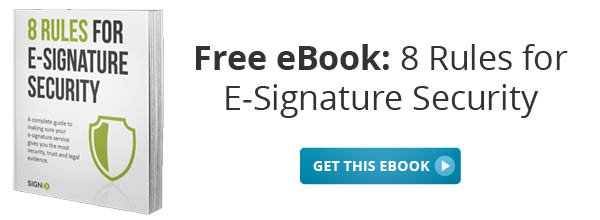
This week, President Barack Obama announced that he will push for cybersecurity legislation following the recent cyber attacks against Sony and the Pentagon’s Central Command. The White House plans to revive existing cybersecurity legislation that has been stalled for several years.
“Now, our first order of business is making sure that we do everything to harden sites and prevent those kinds of attacks from taking place,” President Obama said. “But even as we get better, the hackers are going to get better, too. Some of them are going to be state actors; some of them are going to be non-state actors. All of them are going to be sophisticated, and many of them can do some damage.”
 The proposal would allow more sharing of information about cyber threats between the private sector and the government. The legislation would require companies to notify their customers about data breaches and would give law enforcement more power to investigate and prosecute cybercrimes.
The proposal would allow more sharing of information about cyber threats between the private sector and the government. The legislation would require companies to notify their customers about data breaches and would give law enforcement more power to investigate and prosecute cybercrimes.
President Obama wants to give law enforcement the power to prosecute criminals who sell spyware, botnets and stolen credit card information—even if the sales are made outside of the United States. He also wants courts to have the ability to shut down botnets, especially those that are used in denial of service attacks.
“Neither government nor the private sector can defend the nation alone,” President Obama said Tuesday afternoon. “It’s going to have to be a shared mission — government and industry working hand in hand.”
President Obama’s last attempt to get cybersecurity legislation through Congress passed the Republican-held house but died in the Senate in 2011. However, this time Obama has talked with Republican leaders in the House and Senate and said he thinks cybersecurity is an area that can get bipartisan support.
The plan would encourage companies to share cybersecurity information with the Homeland Security Department. In exchange for participation, companies would qualify for breach liability protection. Privacy advocates are concerned about the collection and retention of shared data, especially considering the lack of trust in government use of data following the NSA scandal.
The proposal is part of a series of privacy-related plans President Obama plans to unveil in his State of the Union address next week.
%20formatted-1.png?width=2528&height=739&name=SIGNiX%20Logo%20Main%20(white)%20formatted-1.png)

